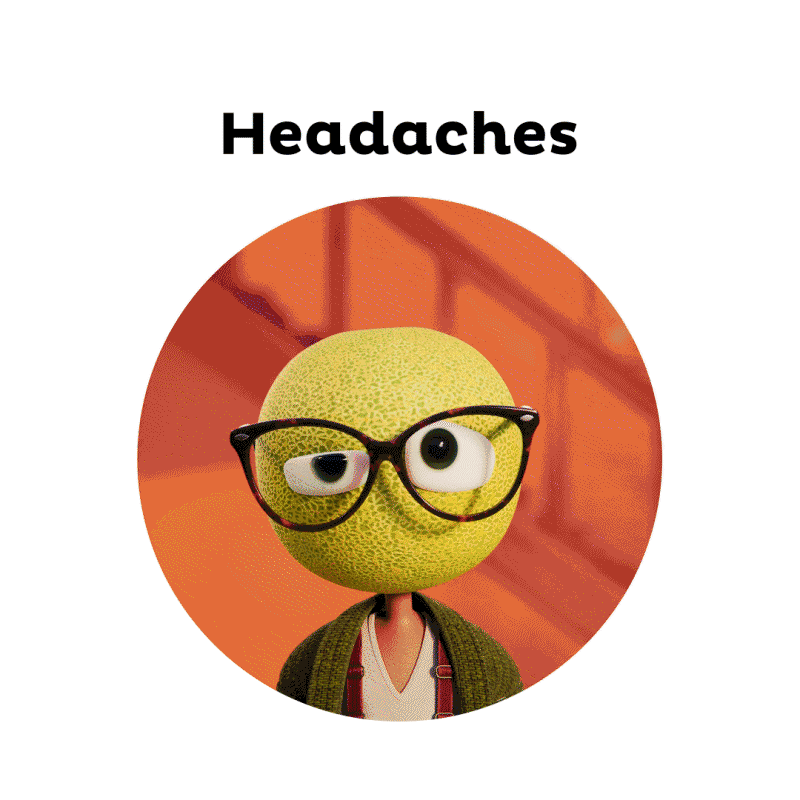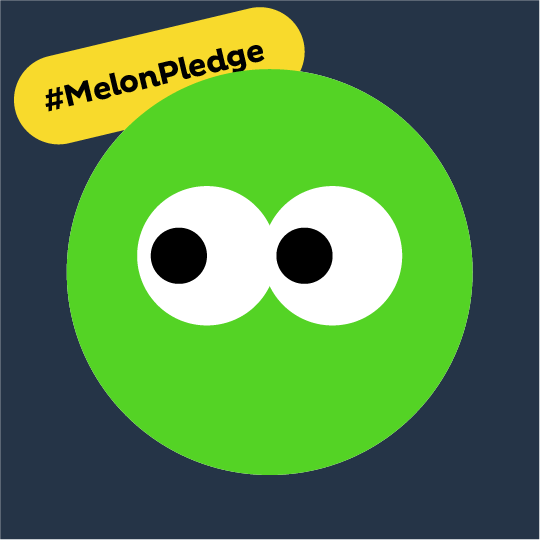
No two brain injuries are the same
Concussions happen in a variety ways and symptoms are different for different people. If your injury doesn’t feel like someone else’s, that doesn’t mean it isn’t serious.
What to look for
For some people, symptoms may develop immediately. For others, hours or even days may pass before warning signs show up. Here’s how to look out for yourself and those around you.

- In Yourself
- In Others

- Headaches
- Vision issues
- Nausea or vomiting
- Dizziness or off-balance
- Exhaustion
- Sensitivity to noise or light
- Personality changes or irritability
- Numbness or tingling
- Mental fog or concentration problems
- Clumsiness
- Emotions out of whack
- Changes to sleep
- And more

- Loss of consciousness (even briefly)
- Slow to answer questions
- Slowed reaction time
- Confusion
- Forgetfulness
- Personality changes or irritability
- And more
TODDLERS AND INFANTS
In toddlers and infants, additional red flags include:
- Crying without being able to be consoled
- Refusing to nurse or eat
- And more
Symptoms
that require immediate care
If you or someone you know may have sustained a concussion and is showing any of the following symptoms, seek help immediately:
When to call 911
- Loss of consciousness
- Extreme drowsiness
- Vomiting
- Seizures
- Severe headache that gets worse and won’t go away
- Unable to recognize people or places or increasing confusion
- Numbness
- Slurred speech
- Blurred vision
- Weakness or decreased coordination
- One pupil larger than the other
- Unusual behavior, restlessness, agitation
- Neck pain
- Amnesia or memory problems
- And more

Have a question about concussions or how to get help?
Have a question about concussions, or how to get help?
We’ve got you covered. Here are just a few resources you can use to learn more about concussions—and help others in your circle learn more, too.
If you need immediate help, the compassionate and knowledgeable experts at the National Brain Injury Information Center are here to help. Call 1-800-444-6443 or send us a secure message now and we’ll help you get connected with local resources in your area.
Do you think you have a concussion?
Understand your options and take quick action.
Information is intended for educational purposes and does not constitute medical advice. If you sustain a head injury, including concussion, seek help from a medical professional.